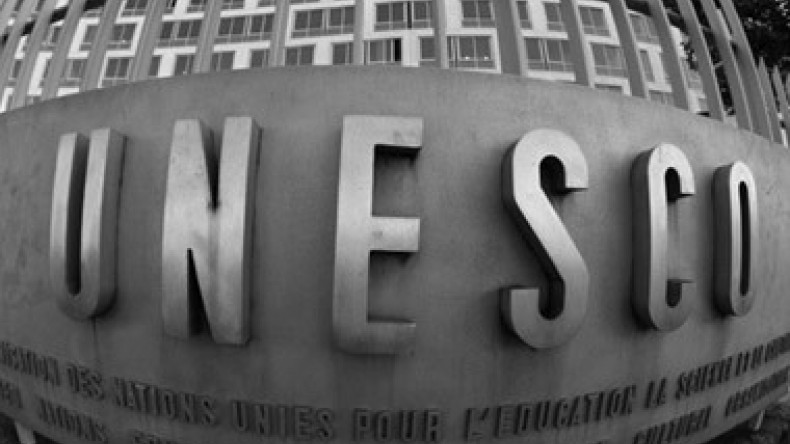
UNESCO-United States-Brazil project to teach respect in schools
The “Teaching Respect for All,” project born of cooperation between UNESCO, the United States and Brazil, will be launched on 18 January at UNESCO Headquarters. This is the first step in a process expected to last close to three years with the aim of developing curricula that promote learning to live together in school, unesco.org reported.
Coordinated by UNESCO, funded from U.S. State Department extra budgetary contributions, the “Teaching Respect for All” project recognizes the key role of schools in combating racial and ethnic discrimination.
Launched in the presence of the Director-General of UNESCO, Irina Bokova, the Assistant Secretary of State for International Organization Affairs, Department of State, Esther Brimmer, and Executive Secretary of the Secretariat on Policies of Promotion of Racial Equality in Brazil, Mário Theodoro Lisbôa, this event will bring together government representatives, experts and practitioners from different parts of the world. Students at Tallwood High School in Virginia Beach (USA) and Bagunçaço, an educational centre for young people in Salvador de Bahia (Brazil), will take part in this session via videoconference, which will allow them to interact with the other participants.
Initially, the Teaching Respect for All initiative will review curricula, legislation and policies that already include a component on education for tolerance, and identify best practices in this field.
In a second phase, the project will develop educational resources and curricula that will first be implemented in selected pilot countries and then made available to all. Practical tools on how to integrate the fight against discrimination and reinforce tolerance in education and textbooks will be provided.
To this end, a group of experts, which included specialists in the fight against racism, education for tolerance and human rights, will be established. Moreover, two online platforms will be created: one for education professionals, the other open to young people to enable them to share experiences and make suggestions throughout the process.
Newsfeed
Videos






























